

In today’s increasingly complex workforce, attracting and developing early talent from a variety of institution types is essential for operational and strategic success.
But how do you do this in your day-to-day work? What resources are available to help you? Who else has succeeded and what can success look like?
Join us at NACE’s 2025 HBCU and Inclusion Summit, where we’ll unite professionals from industry employers, HBCUs, and a variety of higher education institutions to share data, strategies, and tactics for recruiting and supporting various student populations.
Register Now
— PAST HBCU SUMMIT ATTENDEE

Gain insights on partnership building, internships, and career readiness initiatives rooted in inclusivity.
Explore some of the best places and inclusive practices to not only fill your talent pipeline with top quality, varied candidates, but to meaningfully engage with them throughout their college to career journey.
Your participation in this event will also give you high visibility with colleges and universities as an employer of choice for inclusive recruiting.
NACE is extremely proud of the success and positive outcomes produced by this award-winning event, originally focused solely on HBCUs. For the first time, we’re excited to extend the learning, connections, and impact to a broader audience.
This year, participants can expect:
By the end of the Summit, you will be able to:
Get energized for the day during this interactive time of the Kickoff when we engage with you directly.
Join leadership from NACE, NACE’s HBCU Affinity group, and supporting partners as we open the Summit with an overview of why we are here, what to expect, and how participants can take part in the dialogue to advance recruiting initiatives forward.
The evolving landscape of higher education presents unique opportunities for meaningful collaboration between HBCUs and industry leaders. This panel discussion will showcase how strategic partnerships create mutual value and drive innovation for both sectors.
Drawing insights from successful models, including the UNCF Institute for Capacity Building’s work to active networked solutions and cross-campus collaboration, our experienced panelists will share pathways to building and scaling impactful relationships that advance both institutional missions and industry goals.
HBCU students will voice their experiences navigating the early career space. Panelists will share their career plans as they engage in an unfiltered conversation on interacting with employers as prospective candidates. What messages connect, what gaps remain, and what should employers know about engaging HBCU Excellence.
JPMorgan Chase and Enterprise Holdings have strong partnerships across HBCUs that break down barriers to ensure overall career success for students. During this session, we will learn how they would with HBCUs through their Advancing Black Pathways Program and Road Forward Initiative.
You’ve got questions, they’ve got answers. During this session, HBCU Career Center leaders invite you to ask them anything that will help you understand HBCUs better and achieve your recruitment goals.
Grab a cup of coffee/tea and join us as we ramp up for the second day of NACE’s 2025 HBCU and Inclusion Summit. We’ll recap the insights from Day One and cover what to expect today. Get energized with us for the day during this interactive time of the Kickoff when we engage with you directly.
Begin the second day of NACE’s HBCU and Inclusion Summit with top leaders providing insights and perspective on inclusion and what’s next for the work we do. During this session, NACE CEO, Shawn VanDerziel and INROADS CEO Forest Harper will tackle some of the questions many of us grapple with regarding the changing nature of inclusion; and the changing nature of the work ahead to ensure opportunities for all.
The NACE Inclusive Excellence Certificate Program has officially launched! During this session, NACE will introduce this evidence-based program and how it exposes attendees to the latest approaches for career service delivery and talent engagement.
With the rapid adoption of generative AI in the workplace, DEI and ethical considerations can fall behind. We have over 150 years of technology rapidly upending work. We can use that history to teach us how to build better and more equitably, or we can shrug our shoulders and accept someone else’s vision of progress.
This panel-led conversation will explore the myriad ethical challenges posed by AI (labor abuses, environmental harms, information system pollution, intellectual property infringement, biases in both data and algorithm design, fostering the surveillance economy), with a focus on generative AI. Special attention will go to how these systems can and do undermine DEIB initiatives and even will likely worsen conditions more broadly for underrepresented people. The panel opens with framing the session and introduces a few of the key voices and concerns (Ifeoma Ajunwa and worker’s rights in a digital age, Timnit Gebru on AI, Ruha Benjamin on racism embedded in algorithmic systems, and more), participants will have the opportunity to choose where to focus the conversation through a poll and then engage in a large group discussion of what surfaces. Panelists will then lead a conversation with questions for the participants to spark dialogue and identify potential paths forward.
Protiviti created a program that gives interns the opportunity to connect with our internal diversity networks (Employee Network Groups, or ENGs) to help facilitate a sense of belonging in today’s hybrid work culture. Through this program, interns experience one of Protiviti’s four core values, inclusion, and the importance Protiviti places on ensuring all our people feel supported being their authentic selves at work. The one-on-one interaction creates opportunities for interns to connect meaningfully with others and have conversations in a safe space, letting them know they made the right choice for their internship.
ENG Connect was designed to allow interns to opt-in and speak one-on-one with someone from an ENG that resonates with their values, interests, and identity. Recruiting at Protiviti believes that continued engagement with our ENGs will provide interns with the tools, connections, and sense of belonging that will help support them during their internship and potential transition to a full-time position with Protiviti.
Join this session and learn how to leverage your ERG/ENG in similar ways for your internship program.
Roosevelt University and the Coca-Cola Company have partnered to create meaningful opportunities that empower students and inspire success. This collaboration provides students with invaluable insights into professional growth, leadership, and community impact.
As part of this initiative, students engaged with Reyes Coca-Cola leaders through a dynamic panel discussion, gaining firsthand knowledge of what recruiters are looking for in candidates. They also toured the facility, experiencing the company’s operations and learning how small, impactful actions can lead to transformative moments in both personal and professional journeys.
Join this session to discover how Coca-Cola and Roosevelt University are working together to create pathways for student success.
This session will explore how the Equity Collective, led by Morgan Stanley, is transforming DEIA recruitment through partnerships with institutions like Columbia University. Experts will discuss strategies for breaking barriers, building diverse talent pipelines, and fostering inclusive workplaces.
Attendees will leave this session able to apply best practices from the Equity Collective for creating inclusive workplace cultures that retain and advance diverse talent into leadership positions within their own organizations.
The Emma Bowen Foundation (EBF) has a 36-year legacy of developing diverse talent pipelines and providing multi-year paid internships for underrepresented students through partnerships with media, entertainment, and technology companies. Our President & CEO will discuss how strategic partnerships between employers, nonprofits, and college career centers can bridge resources, expertise, and networks, creating career pathways for students of color and fostering workforce diversity. The session will provide practical strategies for forming, sustaining, and maximizing the impact of these partnerships. Attendees will also have the opportunity to hear from one of our partners, Hearst Television (HTV). HTV will provide insight on how our partnership has increased diversity across the company while building talent pipelines in hard-to-reach locations.
Employers, college career centers, and nonprofits will leave with actionable insights and frameworks to build sustainable partnerships that prioritize career success for students of color. These partnerships not only help meet employers’ needs for diverse talent but also create pathways for historically underrepresented students to access high-impact internships, mentorship, and employment opportunities. By tackling common challenges, showcasing real-life successes, and exploring best practices, this presentation will empower participants to build meaningful relationships that benefit students and organizations alike.
Creating career development programs that foster inclusion and belonging for college students is critical to ensuring equitable access to career opportunities. Career Year at Case Western Reserve University (CWRU) is a cohort-based career development program for second-year students with priority for underrepresented minority, first-generation college students, students from one-parent households, or those who attended low-performing high schools.
The program provides workshops, panel discussions, site visits, and other activities to get students thinking about and taking action on their careers. The program's unique approach goes beyond traditional career coaching by incorporating support for students’ holistic development.
Mentorship plays a central role in Career Year. Each student in the program is paired with several mentors including the coordinator of the program, a Career and Internship Consultant from the Career Center and often a CWRU alum, an employer, or other professionals who offer guidance, support, and insights into careers.
In collaboration with employers, Career Year offers a unique sponsorship component that provides funding and experiential opportunities to some members of the cohort.
This presentation will detail how other career services units can establish similarly impactful programs for historically marginalized students. We will cover the key considerations for building a Career Year-type program, such as securing funding through employer partnerships, structuring a curriculum that resonates with diverse student needs, and fostering mentorship models that are inclusive and accessible. Participants in this session will walk away with practical insights and actionable steps to replicate Career Year’s inclusive approach at their own institutions.
The talents of Autistic people have been increasingly recognized across numerous disciplines, especially in Science, Technology, Engineering, and Mathematics (STEM) fields (Austin & Pisano, 2017). However, disparities in employment exist for people on the autism spectrum who are actively seeking work and even those who have above-average education and qualifications compared to the rest of the workforce (Baldwin et al., 2014; Christensen et al., 2016; Frank et al. 2018; Mai, 2018). These disparities are even greater for Autistic individuals from diverse racial and ethnic groups. This emphasizes the need for more equitable and culturally responsive educational and employment practices to support such an increasingly diverse population. In this presentation, you will learn about what has benefited or been challenging for success in pre-employment interviews from the perspectives and experiences of an Autistic employee and an employer with experience hiring neurodiverse talent.
Join this session and more about the barriers that the interview process often poses to Autistic job seekers pursuing positions in STEM careers. You will leave with greater understanding of how employers can change their hiring practices to accommodate the diverse needs of Autistic job seekers.
*Subject to change.
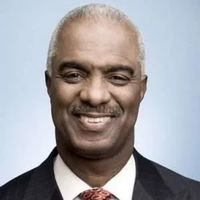
President and CEO, INROADS
Forest Harper, Jr.

Assistant Vice President for Career Development and Engagement, University of Tampa / Chair on the 2024-25 NACE Board of Directors
Tim Harding
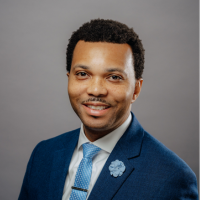
Director of Diversity, Inclusion and Belonging, NACE
Kacheyta McClellan
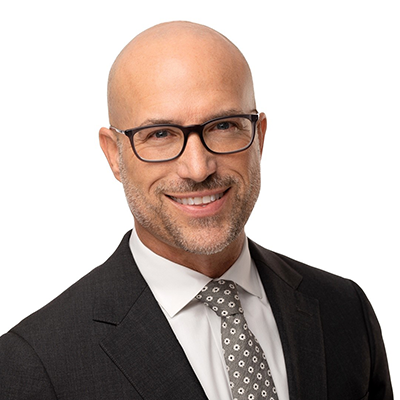
President and CEO, NACE
Shawn VanDerziel
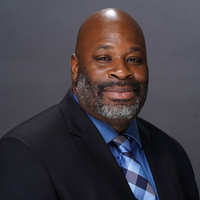
Director, JCSU Center of Innovative Teaching and Learning
John Bannister
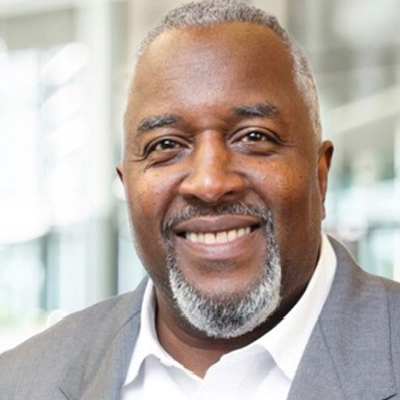
Executive Director, Office of Career Services, Delaware State University
Terry L. Bankston
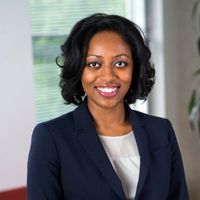
Associate Director, Protiviti
Natasha Barnes
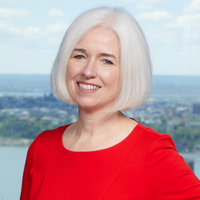
Senior Vice President Human Resources, Hearst Television
Katherine Barnett
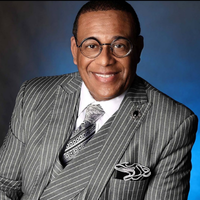
Director, Career Planning and Development, Spelman College
Harold Bell

Senior Software Engineer II, HubSpot
Shea Hunter Belsky
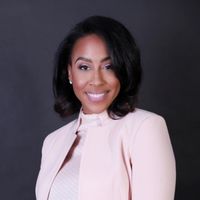
President & CEO, Emma Bowen Foundation
Nikki Bethel
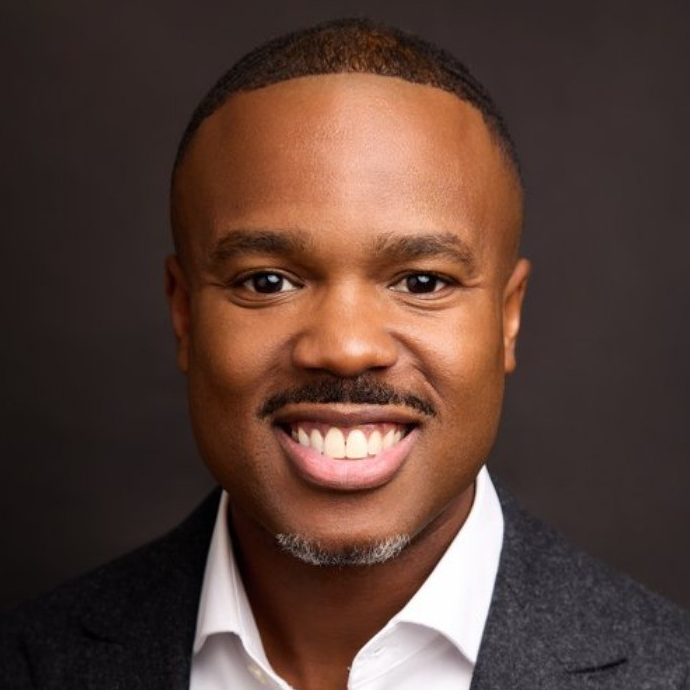
Corporate Vice President; Head of Programmatic Talent Acquisition, New York Life Insurance Company
J. Seldric Blocker
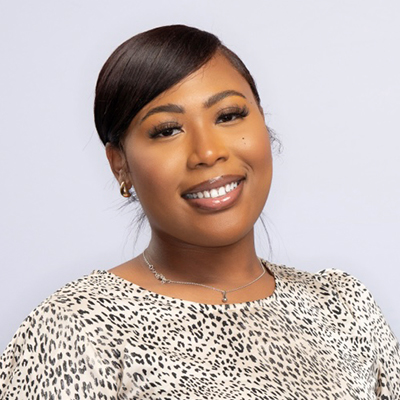
Psychology, Bennett College
Assatta Blount Palmer

Research & Evaluation Associate, Cornell University
Katie Brendli Brown
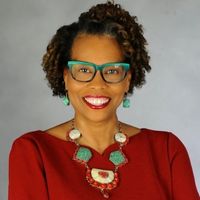
Hosetta Coleman

Student at Fayetteville State University
Paishance Collins
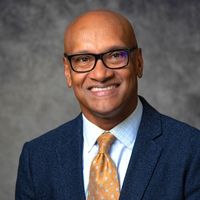
Assistant Vice Provost, Career Center, American University
Gihan Fernando
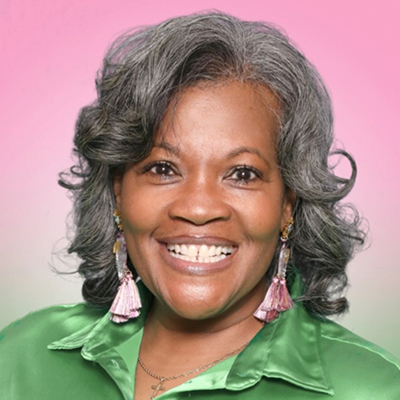
UR Program Manager, Advanced Micro Devices, Inc.
Melissa Fontenette Mitchell

Senior Associate Director, Career Education, Case Western Reserve University
Krittika Grau
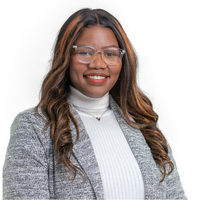
Project Manager - Institutional Partnerships and Strategic Initiatives Culture, Belonging, and Engagement, Maximus
Autumn George
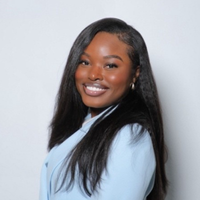
Assistant Director for Diversity, Equity and Inclusiveness Recruiting Consultant, Ernst & Young LLP
Kaiesha Greene
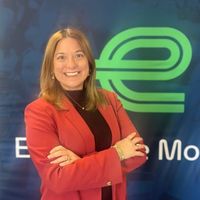
Talent Acquisition Manager, Enterprise Mobility
Elizabeth Hardesty

Early Career Recruiter, Hearst Television
Jen Harriger

Student at Howard University
Lauren Hartlaub
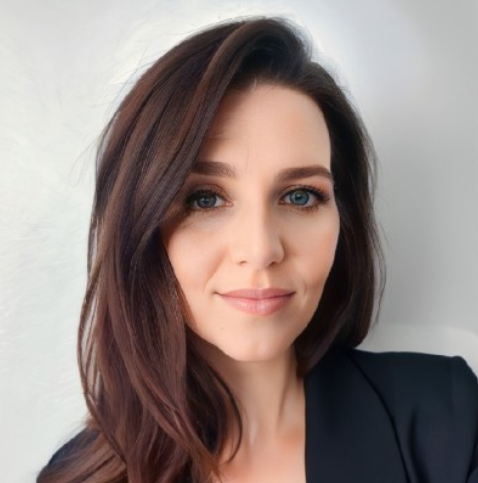
Sr Business Intel Analyst, GPS Contracts, Deloitte
Randi Hunley
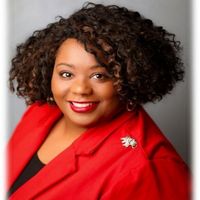
Assistant Provost for Student Professional Development, Xavier University of Louisiana
Tracey Jackson
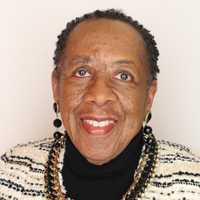
Director, Center for Academic Success and Achievement (CASA), Morgan State University
Brenda J. James
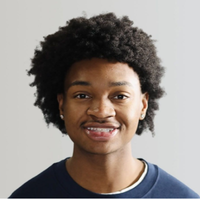
Student at North Carolina Central University
Savion Jarvis
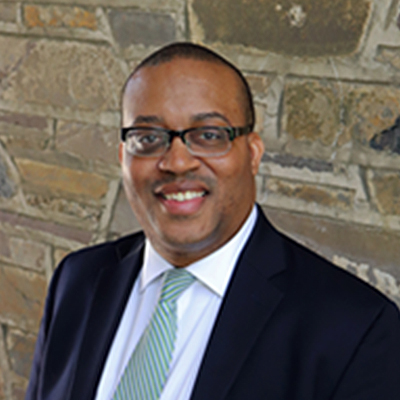
Charles Jennings
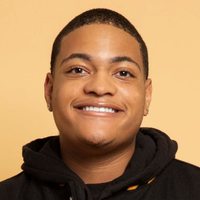
Student at Alabama State University
Bryant Johnson

Diversity & Inclusion Recruiting and Learning Lead, Protiviti
Betsy Jones
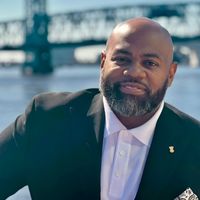
Director, Career Services and Industry Partnerships, Morehouse School of Medicine
David Jones

Director, Thomas Jefferson University
Chris Miciek
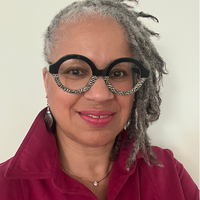
Assistant Director for Strategic Initiatives, Rowan University
Alicia Monroe
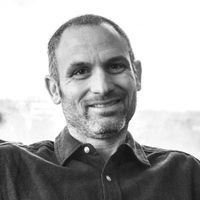
Founder and CEO, Parker Dewey
Jeffrey Moss
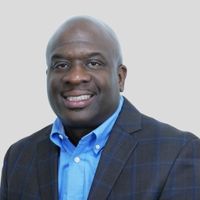
Operations Manager, Reyes Coca-Cola Division
Anthony Moultrie
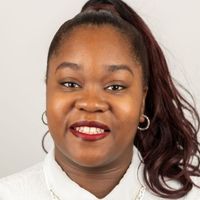
Coordinator of Career Readiness and Professional Development, Roosevelt University
Caress Okeke
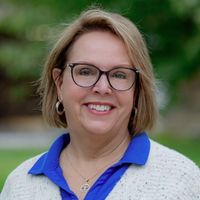
Associate Director for Employer Relations, Case Western Reserve University
Laura Papcum
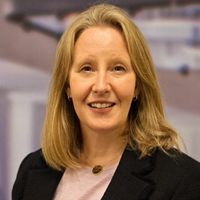
Asst. Director | Neurodiversity Location Manager, EY
Jennifer "JP" Price
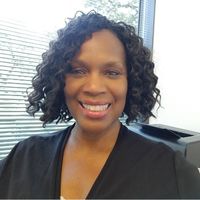
Director of the Quality Enhancement Plan and Career Education, Huston-Tillotson University (Austin, TX)
Tina Reed
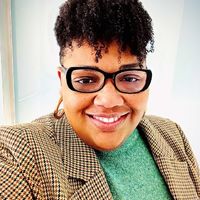
Student Programs and Employer Partnership Specialist, Virginia Commonwealth University
Monique Sample
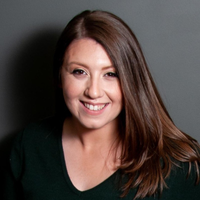
Director of the Center for Career Exploration, St Francis College
Amy Smith
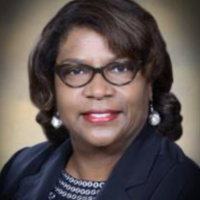
Assistant to the Vice President for Student Development and Services/Director of Career Development, Claflin University
Carolyn Snell
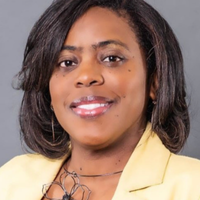
Director, Career and Professional Development Center, Florida Agricultural and Mechanical University
Tamara Taylor
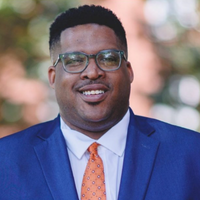
Senior Director of Strategy Development, UNCF Institute for Capacity Building
Julian Thompson
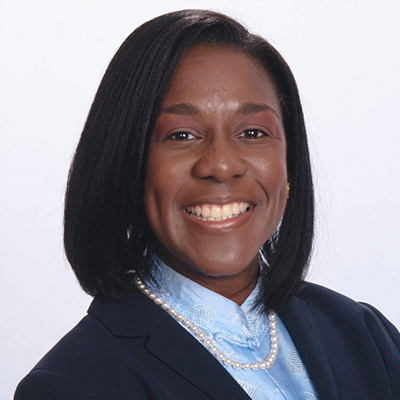
Director of Career Services, Norfolk State University
Saranette Williams
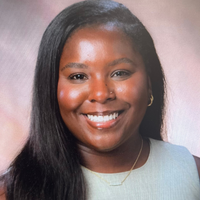
Early Careers Talent Attraction Recruiter Senior Associate, Ernest and Young
Jocelyn Wimberly
This event is open for non-HBCU organizations to attend and is free to all HBCU staff.
The check payment option will NOT be available after February 11th, 2025 at 5pm ET. Beginning Wednesday, February 12th, only credit card payments and official purchase orders will be accepted, until registration closes on Tuesday, February 18th at 5pm ET. Please contact events@naceweb.org regarding Purchase Order submissions.
Please be aware that there may be a delay in receiving your Zoom login information if registering less than 24 hours before the event.
Contact NACE Education & Events at events@naceweb.org, 610.625.1026.
If you want to attract and retain the best talent in today’s competitive job market, you have to deliver on what they want and stand out.
By financially supporting this national award-winning event, you’ll gain high visibility as a leader and an employer of choice when it comes to inclusion.
Additionally, you’ll be supporting HBCUs in their efforts in preparing students for competitive and fulfilling careers, through the underwriting of:

View Sponsorship Options CONTACT Katrina
As a special thank you, sponsors will receive an:
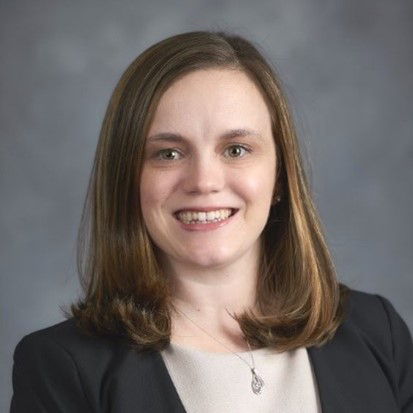
KATRINA SCHREEFER
Senior Manager, Business Development & Outreach
610.625.1020

SONATA DAVIS
Business Development Coordinator
610.625.1064
©2025 National Association of Colleges and Employers. All rights reserved.